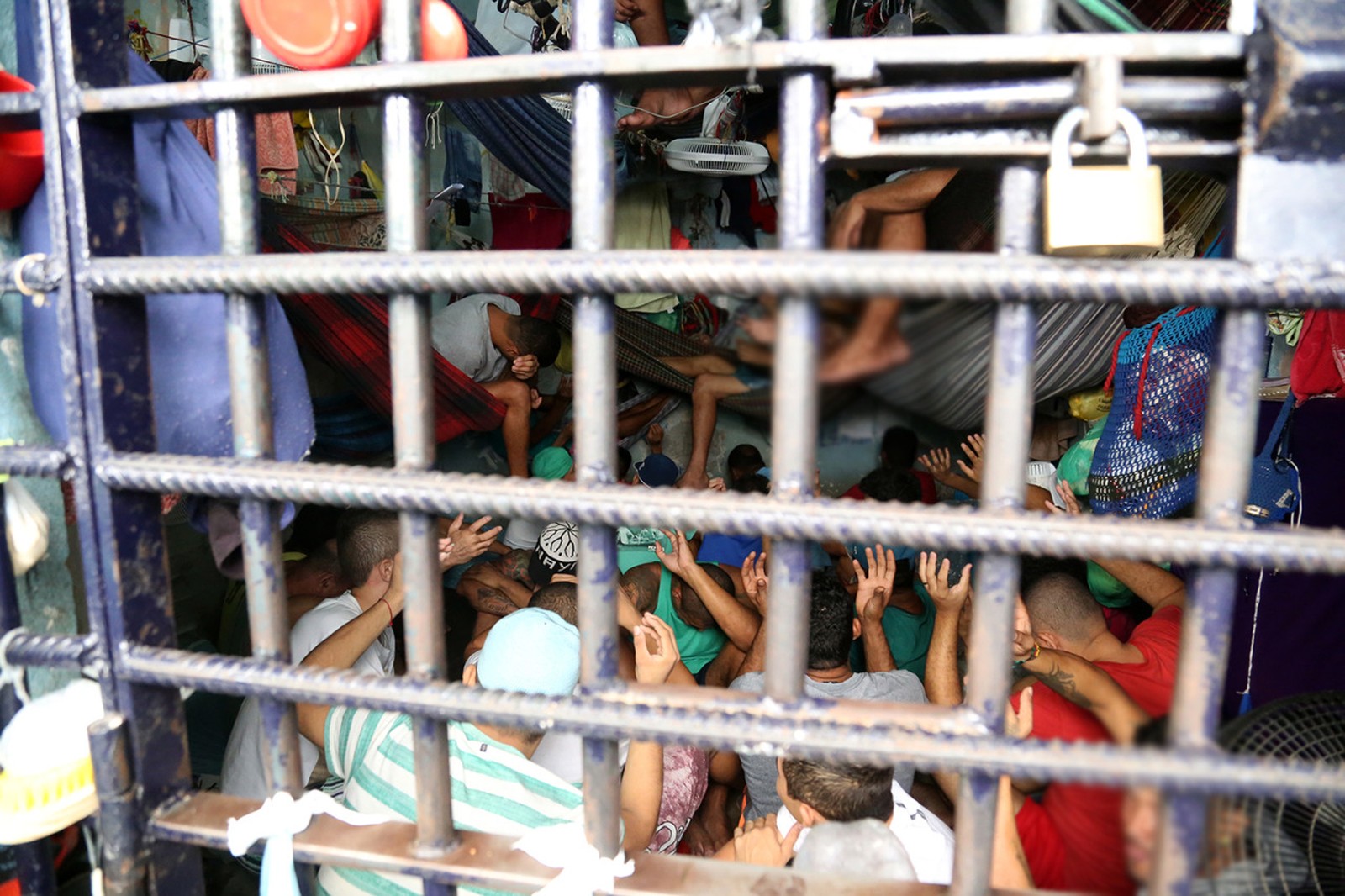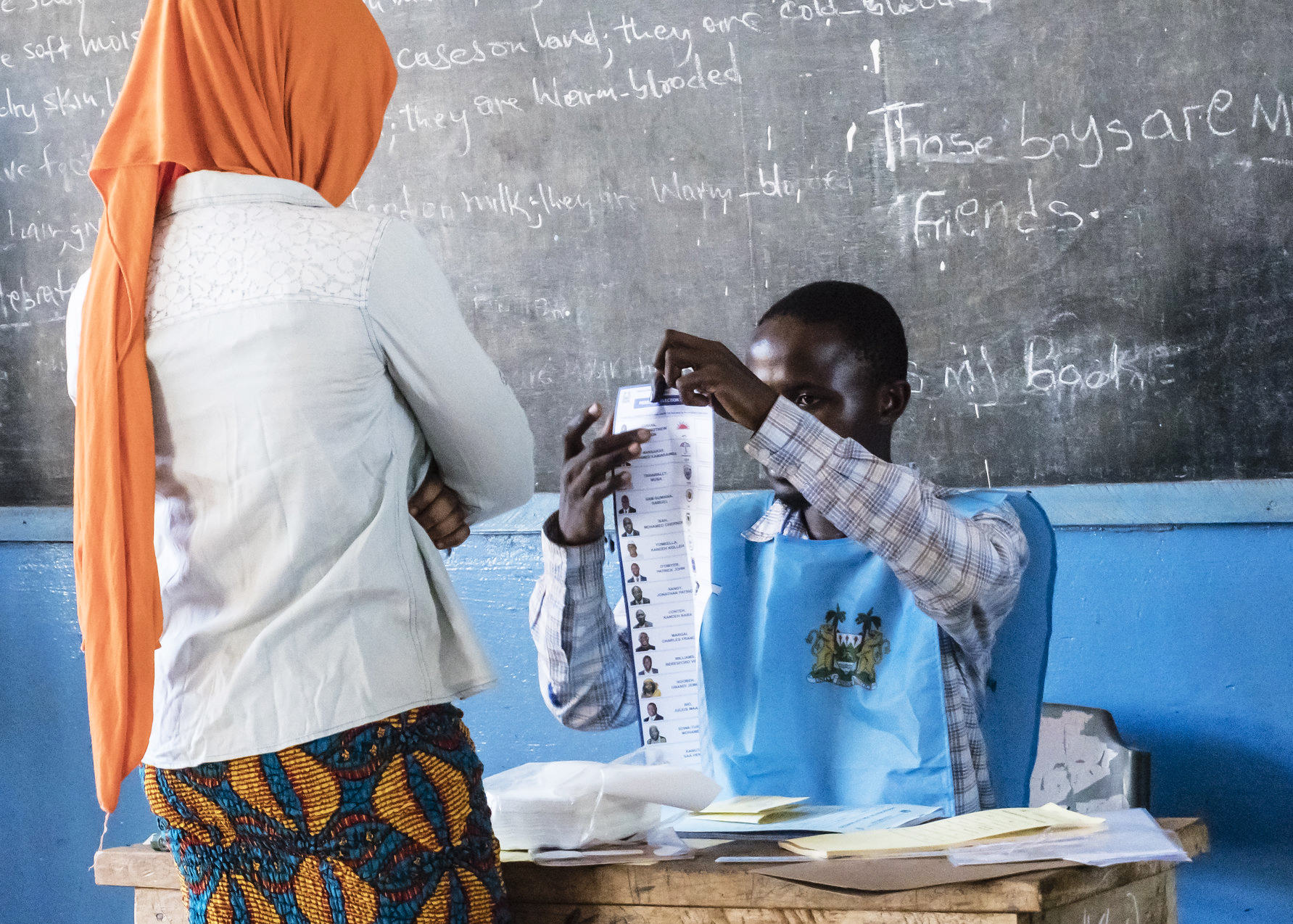In this article, Monica Adami, recent graduate from Managing Humanitarianism at the LSE, analyses the effectiveness of retributive approaches to justice used in the International Criminal Court system.
This is the first in a series of articles by Monica Adami on Retributive and Restorative Justice.
It is widespread the belief that the retributive approach does not restore peace because it tends not to satisfy victim justice. The main opponents of the retributive approach have argued that retributive justice does not restore any justice to victims because it is an end in itself. These critics affirm that the punishment of perpetrators is based on the false premise that punishment is necessary to have justice and peace, whereas, for instance, in Spain post-civil war, it was possible to have reconciliation without the intervention of retributive justice. More moderate opponents say that punishment may partly satisfy victims as it tends to increase the level of security, while not restoring peace. Both radical and moderate opponents agree on the fact that the retributivist approach tends to not satisfy victim need of justice because it has a different aim of justice. Retributivists focus on “crime” or “punishment”, while victims focus on “wrong” and “righting a wrong.” Focusing only on the punishment, the international judicial bodies can easily overlook what “righting the wrong” means to victims.
However, the main reason why retributive justice has negative or no effects on restoring justice to victims does not seem to be the focus on punishment and perpetrators, but a characteristic only partly implicit in the retributive approach: selectivity. For instance, respondents mainly criticized the ICTY because of its version of events that one ethnic group was the victim and the other ethnic groups were perpetrators. This depiction of the tribunal as arguing for one’s view of the truth might have represented the main impediment towards reconciliation. In fact, Serbs perceived the ICTY to be biased, Bosniak defendants argued that their prosecutions were driven by the need for ethnic balance in the detention unit rather than the merits of the case against them, and others have affirmed that the ICTY was a politicized institution manipulated by the major powers. This perception might have created risks of defensive and offensive answers to the ICTY action. This issue of selectivity has been part of the international approach from Nuremberg to the ICC, and justice without equity can fulfil neither the purpose of the Law nor peace.
Unfortunately, a victim-centred justice tends not to be foreign from this selectivity issue and other retributive failures. For example, human rights advocacy and retributive justice have many aspects in common. They share the same march against impunity, which is jointly undertaken to facilitate the transition from the rule of violence to the rule of law. As with the retributive focus, the human rights focus also encourages greater judicial accountability. Both these focuses thus seem to lead towards “the justice cascade” that can jeopardize peace and security. Above all, an international victim-centred justice, even when it does not take the form of western human rights advocacy, tends not to be impartial and neutral. It upholds its version of the truth against specific violators. It is likely to do so even more than retributive justice because victim justice strongly involves politics, which is by definition a polarised space and a place of dissensus. Hence, ethically getting rid of the retributive approach does not necessarily mean pragmatically getting rid of its problems.
Finally, a pure retributive focus can be explicitly required by victims. The “no safe heaven for perpetrators” is not only a judicial philosophy, it is also a victims’ “religious” hope to transit to peace (Fassin 2017[1]). In fact, from the victims’ point of view, the avoidance of accountability can be seen as a lack of credibility and legitimacy in justice. In particular, victims can be satisfied by the focus on punishment because they have been educated to understand justice’s reparation as pain inflicted on the offender. For example, the South Sudanese diaspora have demanded the creation of the hybrid court for South Sudan and they also call for an ICC intervention. While in Sudan, victims’ argument against international justice focused on the incapability of the ICC to make responsible parties appear in front of the Court. Overall, victims often want punishments and focus on perpetrators, no matter what the results are, because of the lack of rational alternatives. Hence, a victims-oriented justice may partly impede peace identically to the Kantian punishment.
[1] Fassin, Didier. Thursday 16 February 2017. Rethinking punishment. Department of Geography and Environment public lecture. Clement House, LSE. London.
Monica Adami is a recent graduate who has completed an intercollegiate module in Managing Humanitarianism at LSE, whilst also doing her masters in International Peace and Security at King’s College London. She is currently interning at UNESCO and has just ended a traineeship with the European Commission Representation in Italy. Her fields of interest are war studies, human rights and humanitarian affairs.
The views expressed in this post are those of the author and in no way reflect those of the International Development LSE blog or the London School of Economics and Political Science.





